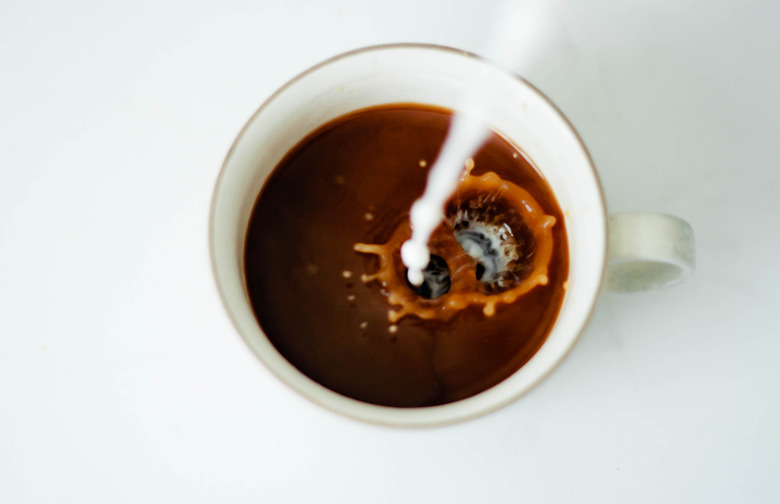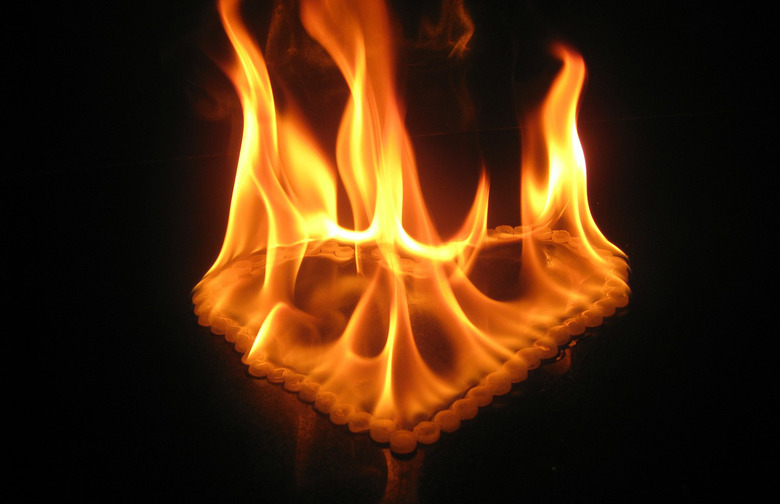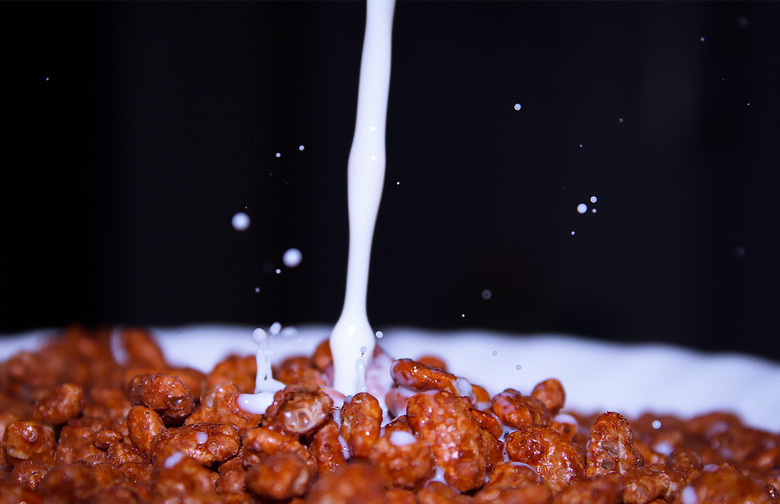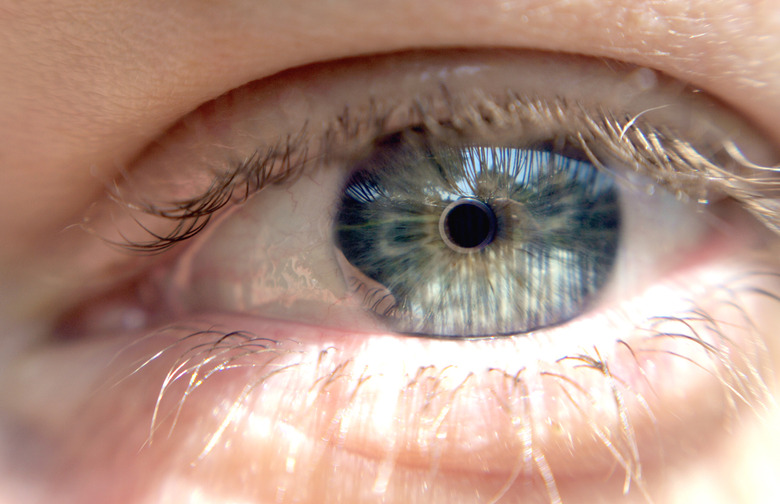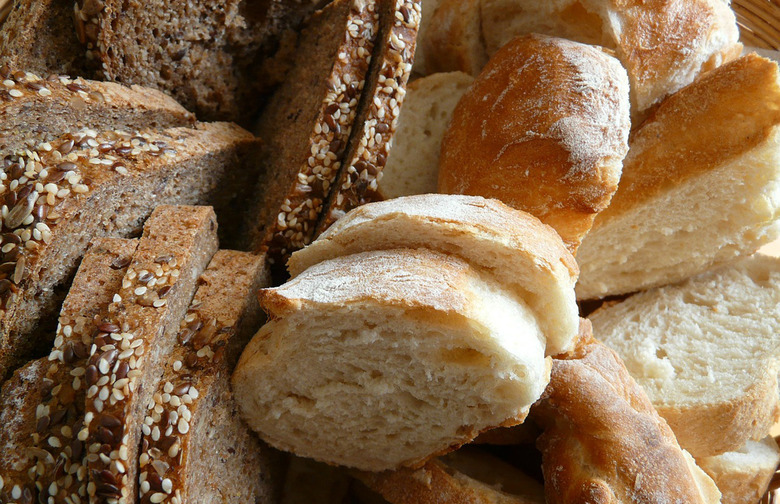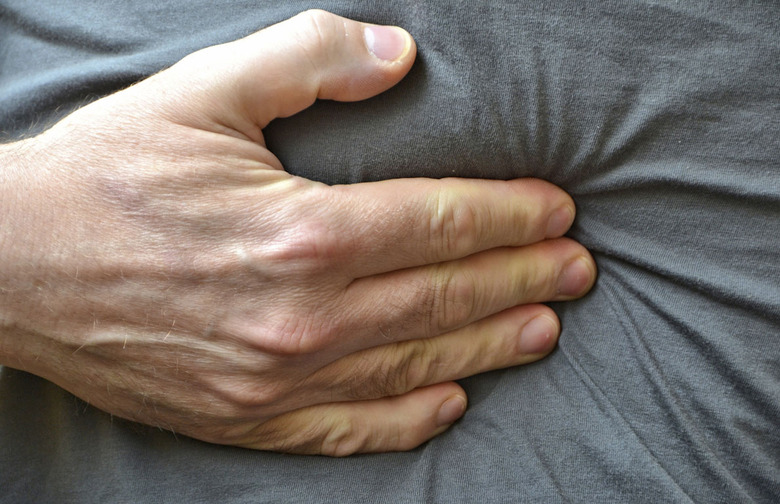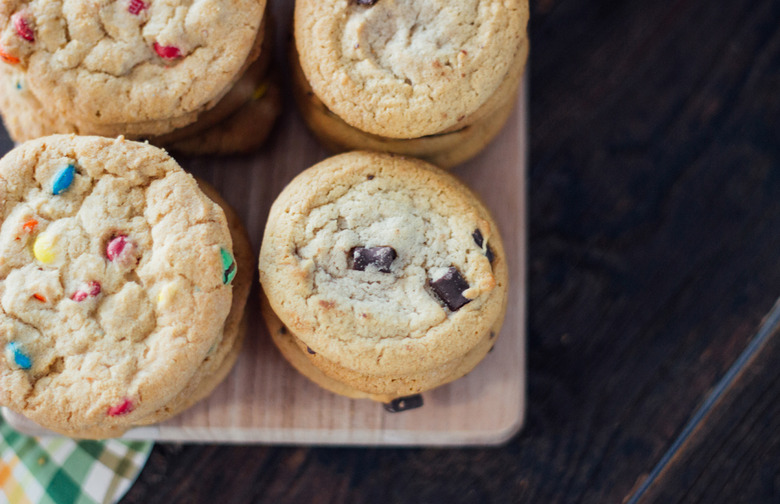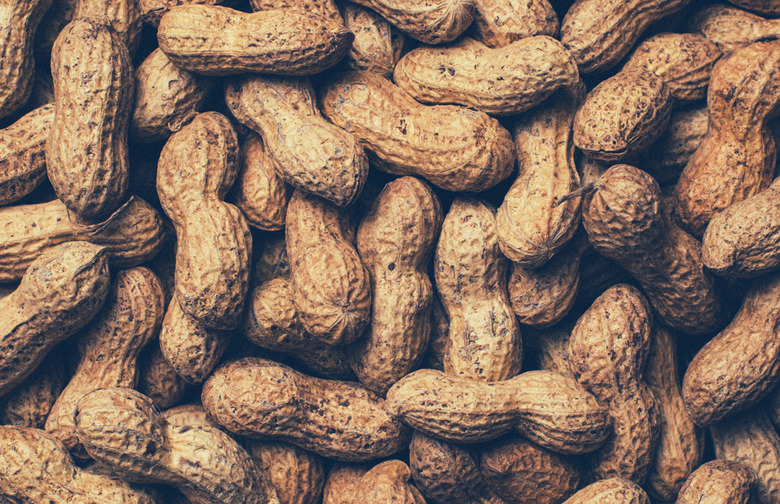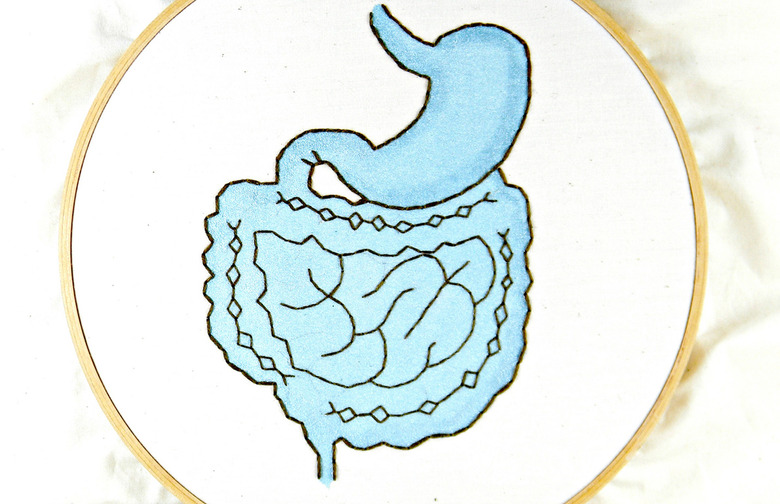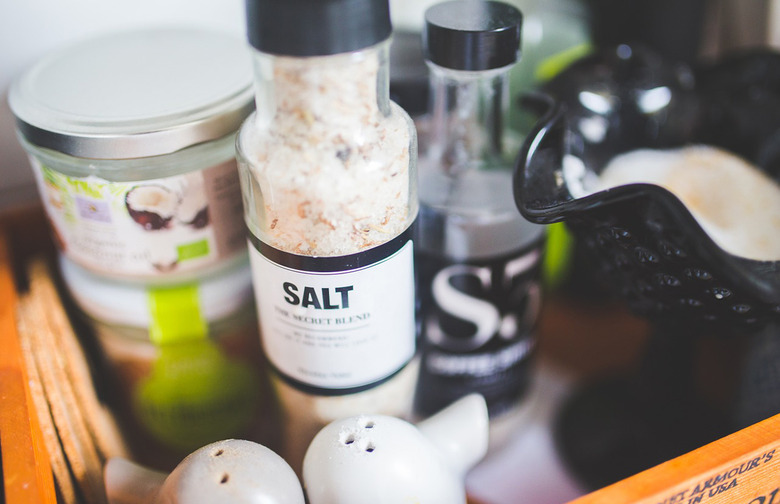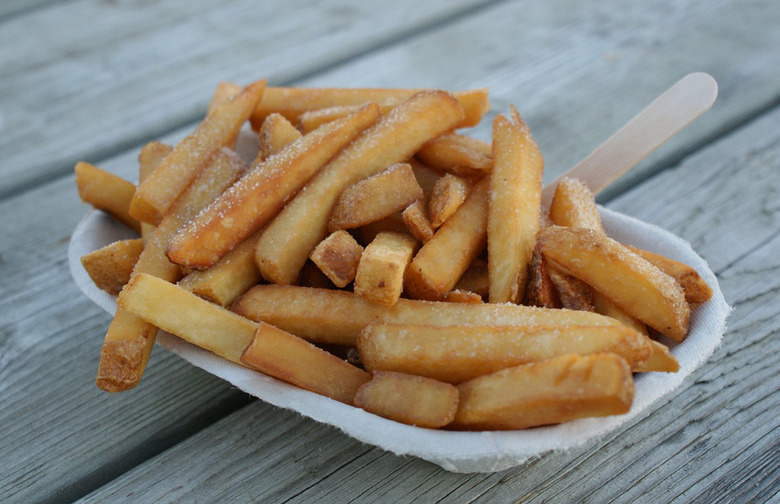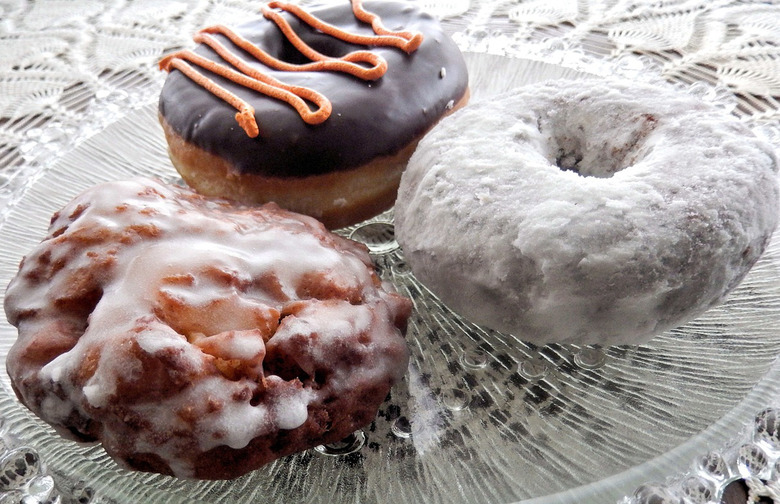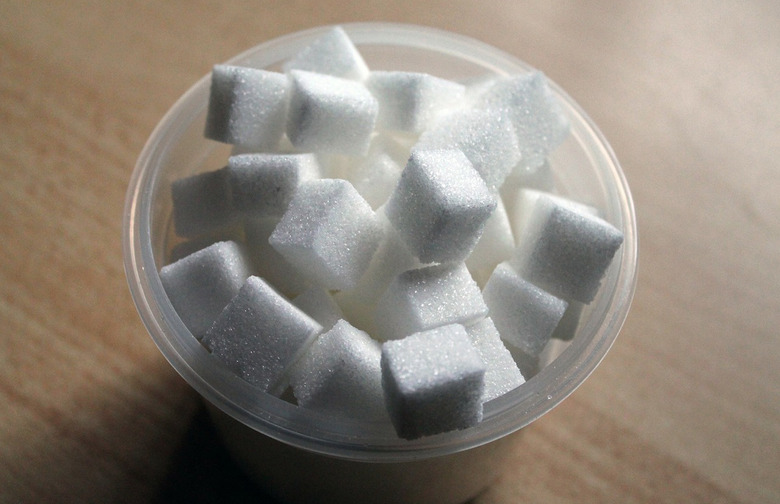Listen To Your Body: Why You Feel This Way After Eating These 7 Things
Although choosing to eat or not eat certain foods can be a preference, a lot of the times people have to avoid certain foods because his or her body rejects it. Whether it be fatigue, gas, bloating, headaches, or mood changes, eating foods that are not processed well in the body can jeopardize your health and well-being.
Coffee
Coffee is linked to increased energy and lowered risk of diabetes. If you are a coffee drinker, stick to one cup a day and keep it black or use healthy sweeteners.
After Drinking Coffee
A lot of people experience heartburn after drinking too much coffee. This is due to the caffeine content, so if you are experiencing heartburn, lower the amount of coffee you drink or switch to caffeine-free tea.
Dairy
Even if you grew up putting milk in your cereal, experiencing lactose intolerance or milk sensitivity could develop later in life.
After Eating Dairy
Signs of a milk allergy could include hives, wheezing, vomiting, watery eyes, or coughing. Dairy sensitivity could cause you to experience gas, bloating, and other digestive issues. Keeping a food log will help as well as checking ingredient labels. It may be surprising to find out which foods contain milk products!
Gluten
Reaching for a slice of whole wheat bread paired with almond butter could be one of the best breakfasts or snacks out there, but not if you are suffering from celiac disease or gluten sensitivity.
After Eating Gluten
If you experience anything that affects your everyday life such as a foggy mind, headaches, bloating, abdominal pain, constipation, and diarrhea, these are just a few of the many symptoms you could develop if you have a gluten sensitivity. More and more people are noticing a sensitivity to gluten, which is why it may be worth investigating.
Junk Food
Reaching for processed chips, cookies, or any packaged food may be a convenient snack, but the calories, fat, and added sugar quickly affect your body.
After Eating Junk Food
If you choose deep-fried junk food, your body will struggle in the digestion department. This can cause constipation, fatigue, and weakness. With that being said, if you are reaching for energy throughout the day, skip the junk food and reach for a black coffee.
Nuts
We love the idea that nuts and nut butters are good for you. They are filled with healthy fats, protein, and fiber. However, handing someone a jar of peanut butter and a spoon can be dangerous, not only for his or her waistline but for digestive purposes.
After Eating Nuts
If you feel stomach pain after eating nuts, the response could be an allergy, but it could also be digestion issues. When you eat certain types of carbohydrates, gas can result. This is due to the fact that the small intestine does not have enough of the right enzyme to follow through with digestion. This can make you feel bloated and uncomfortable, but may not be an allergy after all.
Salty Foods
Whether or not you choose to flavor all of your food with salt, a low-sodium diet is beneficial because it is linked to a decreased risk of developing hypertension, or high blood pressure.
After Eating Salty Foods
There has been evidence linked to a sodium-heavy diet and headaches. A study conducted by Johns Hopkins University found that people who ate an American diet with 1,5000 milligrams of sodium per day were 25 percent less likely to develop tension headaches, in comparison to those who consumed 3,500 milligrams of sodium.
Sugar
Whether you try to stay away from it or not, added sugar seems to be lurking in everything. Although sugar provides an instant boost of energy, the feeling is usually followed by a deep crash.
After Eating Sugar
The feeling of fatigue is common, especially after having more than enough sweets. This is due to the sugar crash, or sudden decrease in blood sugar levels, which can leave you feeling lethargic and tired.
